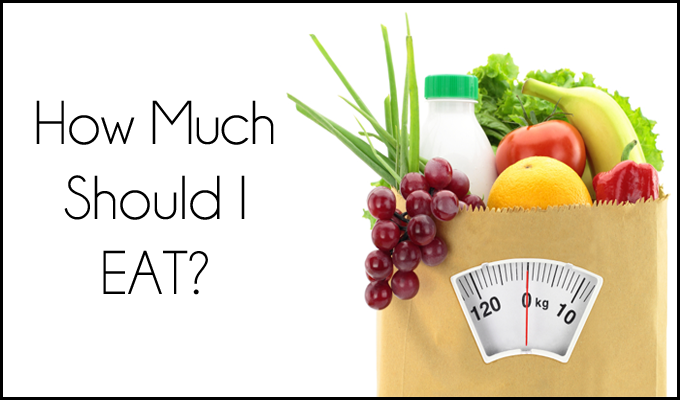Quantity and Quality Explained
Discover how to balance portion size and nutritional value for a healthier lifestyle. Learn how much you should eat and what types of food support optimal well-being.

When it comes to eating healthy, most people focus on what they eat—but how much you eat is just as important. Understanding both the quantity and quality of your food can help you maintain a healthy weight, boost energy levels, and reduce the risk of chronic diseases.
In this blog post, we'll explore how much you should eat and how to choose the best quality foods for your body.
1. Understand Your Caloric Needs
Everyone’s caloric needs are different. They depend on factors like age, gender, physical activity level, and metabolism. For example:
-
Adult women generally need 1,800–2,400 calories/day.
-
Adult men may need 2,200–3,000 calories/day.
Instead of obsessively counting calories, focus on eating balanced meals with proper portions from each food group.
2. Choose Nutrient-Dense Foods
Not all calories are equal. 200 calories of candy won't nourish you like 200 calories of vegetables, whole grains, or lean protein. Aim for:
-
Fruits and vegetables (at least half your plate)
-
Whole grains instead of refined grains
-
Lean proteins like fish, beans, eggs, or chicken
-
Healthy fats from nuts, seeds, avocados, and olive oil
These foods offer vitamins, minerals, fiber, and antioxidants—everything your body needs to thrive.
3. Learn Portion Control
Overeating—even healthy food—can lead to weight gain. Use these tips to manage your portions:
-
Use smaller plates and bowls
-
Fill half your plate with veggies
-
Don't eat straight from the package
-
Avoid distractions like TV during meals
-
Stop eating when you're about 80% full
Listening to your body is key. Eat when you’re truly hungry and stop when you're satisfied, not stuffed.
4. Avoid Empty Calories
Limit foods and drinks high in added sugars, saturated fats, and sodium, such as:
-
Sugary drinks and snacks
-
Fast food and fried foods
-
Processed meats and salty snacks
These may fill you up temporarily but offer little nutritional value and can harm your health in the long run.
5. Stay Hydrated
Sometimes we mistake thirst for hunger. Drinking enough water throughout the day can prevent overeating and support digestion, energy levels, and overall health.
Aim for 6–8 cups of water daily, or more if you're physically active or live in a hot climate.
Final Thoughts
Eating well isn’t just about eating less—it’s about eating smart. Focus on nutrient-rich foods, balanced portions, and mindful eating habits. By understanding the quantity and quality of what you eat, you’ll be taking an important step toward long-term wellness.



0 komentari:
Objavi komentar